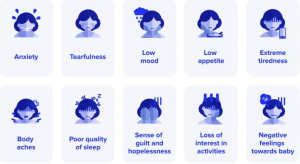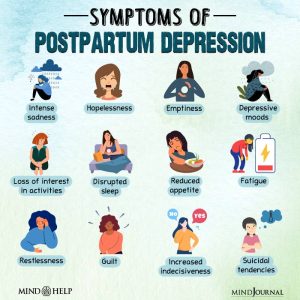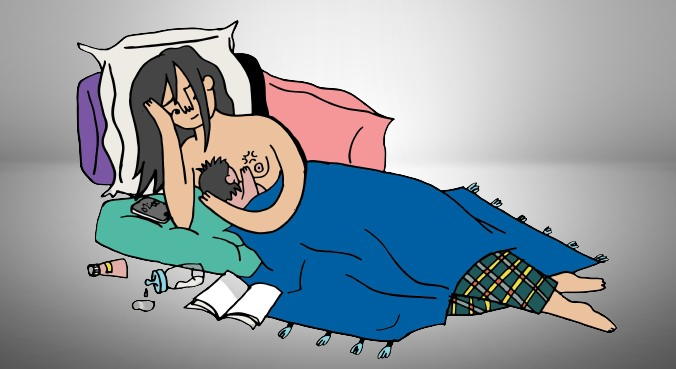It is possible to hate your newborn child, experts say. Here’s why and how to deal with it
Motherhood comes with joy and excitement, but for many women, it comes with feelings of guilt, resentment, depression, and anxiety. This feeling is called postpartum depression.
According to physicians, postpartum depression is the depression that occurs after having a baby. “It is more intense, lasts longer than baby blues, and can sometimes get worse with time,” experts say.
 The U.S Centres for Disease Control and Prevention noted that about one in eight women with a recent live birth experience shows symptoms of postpartum depression, and estimates of the number of women affected by postpartum depression differ by age, race, ethnicity, and state.
The U.S Centres for Disease Control and Prevention noted that about one in eight women with a recent live birth experience shows symptoms of postpartum depression, and estimates of the number of women affected by postpartum depression differ by age, race, ethnicity, and state.
A maternal-fetal medicine sub-specialist and professor of Obstetrics and Gynaecology at the University of North Carolina School of Medicine told UNICEF that postpartum depression is largely due to the shift in levels of progesterone, but changes in hormones are unlikely to be the only cause.
“Beyond these hormonal changes, there are other factors that can lead to these feelings such as extended periods of tiredness or exhaustion, challenges with breastfeeding, and other postpartum complications,” UNICEF stated.
Experts say there is no single known cause for postpartum depression, but there are several risk factors that predispose one to develop the condition, which might include:
- History of mental health problems
- Poor social support network
- Low self-esteem
- Stressful living conditions
- Major life events
- Physical or psychological trauma
- Being a mom to multiples like twins or triplets
- Being a teen mom
- Pregnancy and birth complications.
 Symptoms of postpartum depression
Symptoms of postpartum depression
The symptoms include the following:
- Being unable to enjoy things that normally please you
- Changes in appetite
- Constant sadness
- Lack of energy
- Difficulty bonding with the baby
- Disturbed sleep
- Feeling detached from your baby or partner
- Having thoughts of hurting yourself or your baby.
How to deal with it
Seek professional help: For a personal or family history of depression, low income, intimate partner violence, having an unwanted pregnancy, or current stressful life events, you need to seek professional counselling – such as cognitive behavioural therapy and interpersonal therapy. Speak to your healthcare provider to learn more about the options that would be best for you.
Connect with people: Connect with family and friends, especially people with similar experiences. The stronger and happier you become, the less likely you will be upset.
Be kind to yourself: Take time for yourself, and don’t be hard on yourself. Prioritise rest for yourself. Get help with household chores or errands.
Know the symptoms: Recognise the signs and symptoms of postpartum depression so that you can access help as early as possible.
Medication: The treatment may include medication to treat depression, anxiety, and psychosis. You may also be admitted to a treatment centre until you are stable.


